Purchasing a home is one of the most significant financial decisions most people will make in their lifetime. Whether it’s your first home or you’re an experienced homeowner, understanding precisely what you’re investing in is crucial. A thorough home inspection is an indispensable part of the home-buying process, revealing the property’s condition and uncovering potential problems that could affect your decision or negotiation process.
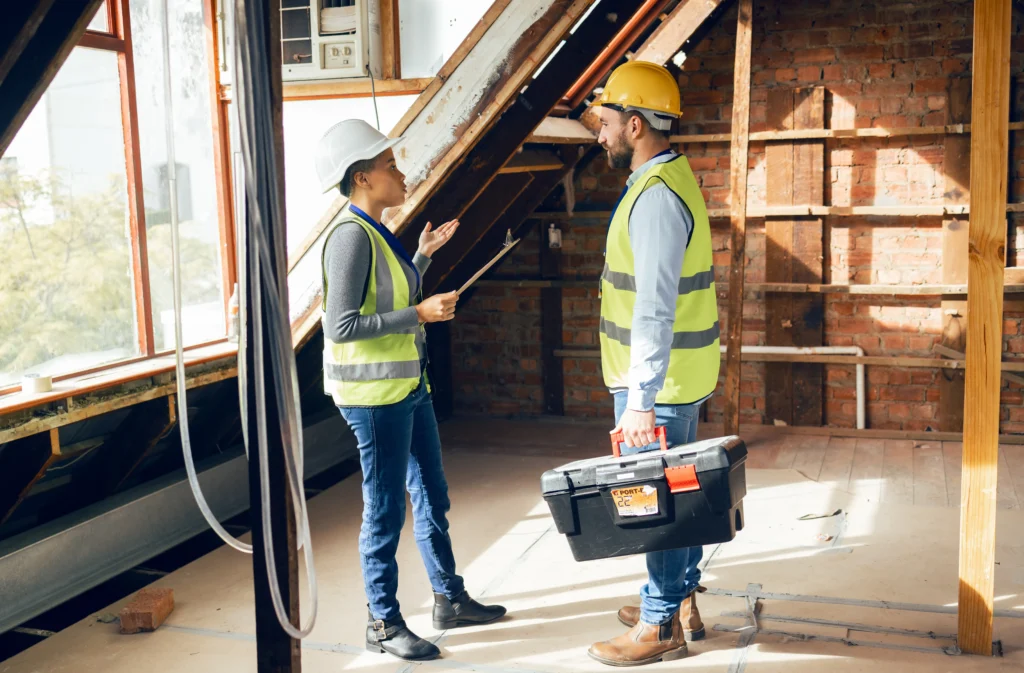
Structural Integrity
One of the primary concerns when asking, “What does a home inspector look for?” is structural integrity. This includes the foundation, walls, floors, ceilings, and roof. Inspectors thoroughly assess foundations for cracks, signs of settling, water damage, or structural weaknesses that could compromise the home’s stability. They inspect the roofing for missing shingles, leaks, flashing damage, and general wear and tear. According to Wikipedia, structural integrity ensures that a structure can withstand its intended load without experiencing failure or collapse.
Structural issues can manifest subtly or overtly, ranging from small cracks to significant shifts in a home’s foundation. It’s essential to identify these early, as undetected problems can escalate into severe and costly damage. Inspectors also examine load-bearing walls and structural beams, ensuring these critical components are intact and structurally sound.
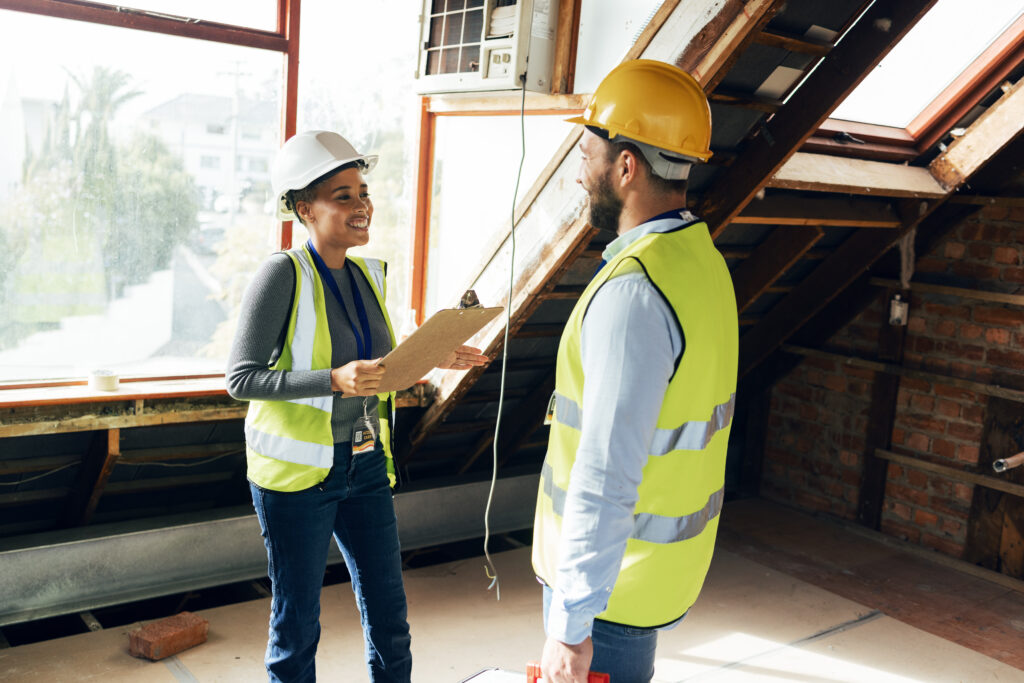
Electrical Systems
When considering “What does a home inspector look for?”, home inspectors pay close attention to electrical systems to ensure they meet current safety standards. They’ll examine the electrical panel, circuit breakers, wiring, outlets, and fixtures, looking for outdated or unsafe conditions, such as exposed wiring, improper grounding, or overloaded circuits. Problems with electrical systems can pose serious fire risks, highlighting the necessity of detailed inspection.
Additionally, inspectors verify the functionality of ground fault circuit interrupters (GFCIs) in areas prone to moisture, such as kitchens and bathrooms. Ensuring the home’s electrical system complies with modern building codes is essential for safety and preventing potential hazards. More detailed guidelines on electrical safety can be found on the Electrical Safety Foundation International website.
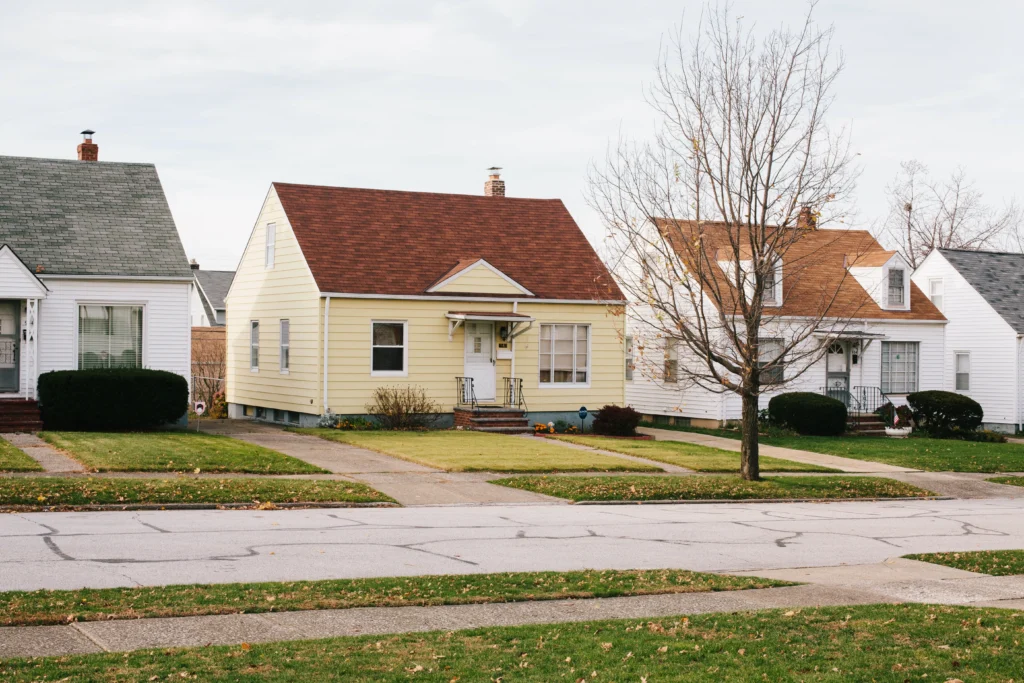
Plumbing Systems
Another essential factor to address when wondering, “What does a home inspector look for?” is a comprehensive inspection of plumbing systems. Inspectors evaluate visible pipes, faucets, drains, toilets, and fixtures. They’ll check for leaks, water pressure issues, corrosion, and signs of water damage or mold, which may indicate deeper plumbing issues. Properly functioning plumbing is essential for maintaining home hygiene and preventing costly future repairs.
Moreover, inspectors assess water heaters, looking at their condition, age, and performance. Water heaters nearing the end of their lifespan can pose risks of leakage or even flooding. Sewer lines and septic systems may also be visually examined where accessible to detect signs of blockage or damage.
Heating, Ventilation, and Air Conditioning (HVAC)
Understanding HVAC inspection is crucial when answering, “What does a home inspector look for?” Inspectors verify the age, operation, and maintenance status of heating and cooling systems, checking for issues such as improper installation, poor maintenance, or malfunctioning components. A well-maintained HVAC system significantly contributes to a comfortable living environment and energy efficiency.
Inspectors test thermostats, airflow, and the condition of ductwork. Proper duct maintenance and insulation significantly impact energy efficiency and air quality, emphasizing the importance of comprehensive HVAC inspections.
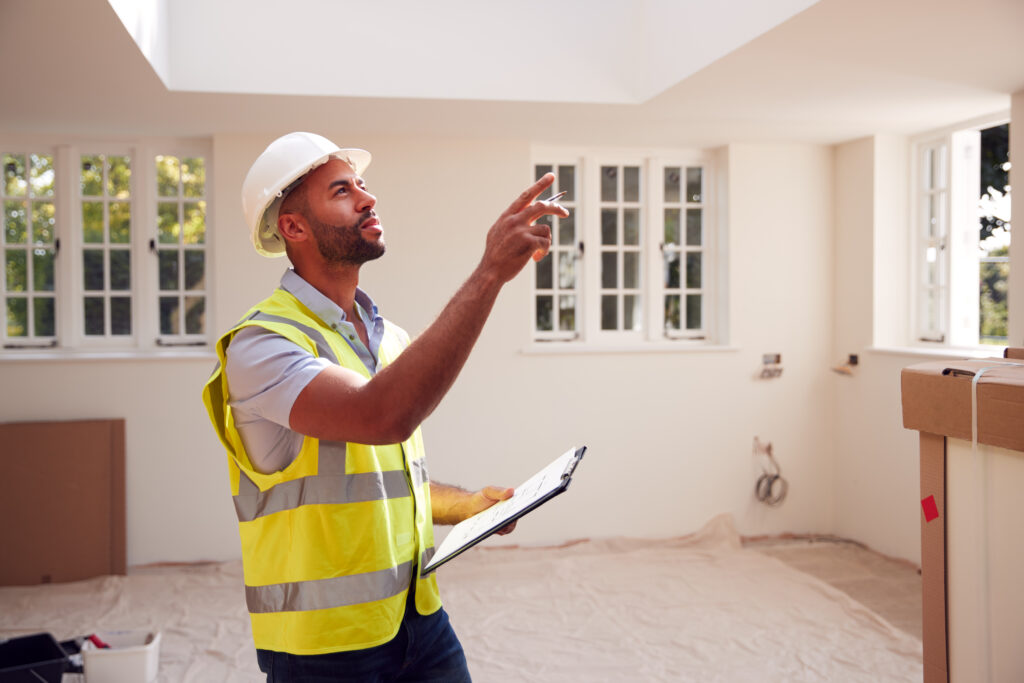
Roofing and Exterior Components
Roofing is another crucial component inspectors scrutinize. The roof protects the entire structure from weather elements, and any weaknesses or damage can result in costly repairs and damage to internal structures. Inspectors check shingles, flashing, gutters, downspouts, and chimney integrity.
Exterior components, including siding, brickwork, and windows, are examined for signs of deterioration, rot, moisture intrusion, or damage that may compromise insulation or structural integrity. Inspectors evaluate driveways, sidewalks, and landscaping, ensuring proper drainage to prevent water intrusion and potential foundation damage.
Interior Spaces
Interior spaces are carefully assessed for issues that might indicate underlying structural or moisture problems. Walls, ceilings, and floors are checked for cracks, water stains, or signs of past repairs. Inspectors pay attention to doors and windows, checking for proper alignment and operation. Poorly functioning doors and windows might signal structural issues or moisture infiltration problems.
Inspectors also examine fireplaces, wood-burning stoves, and chimneys, ensuring they’re safe and functional. Proper ventilation, maintenance, and the structural soundness of chimneys prevent safety hazards.
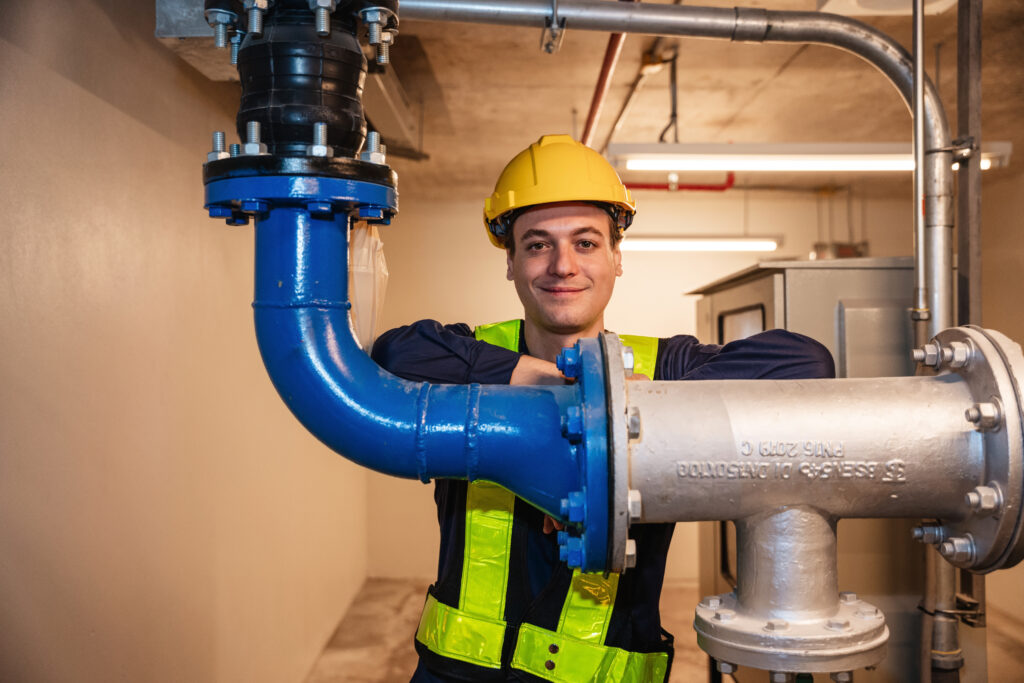
Appliances and Fixtures
Home inspectors also evaluate built-in appliances, such as ovens, dishwashers, and microwaves, to confirm proper operation. They assess fixtures, including sinks, toilets, and showers, for leaks or functional issues. Proper operation of these components ensures convenience and reduces future repair costs.
Insulation and Ventilation
Proper insulation and ventilation are vital components inspectors look for, ensuring energy efficiency and preventing moisture problems within the home. Inspectors verify attic and basement insulation levels, check for adequate ventilation to prevent mold growth and moisture buildup, and evaluate insulation conditions to ensure they meet current standards.
Safety Concerns
Safety is paramount during a home inspection. Inspectors thoroughly review safety devices such as smoke detectors, carbon monoxide detectors, and fire extinguishers. They also check stairs, railings, handrails, and walkways for hazards that could pose a risk of injury. Garage doors and their automatic openers are examined for proper function and safety.
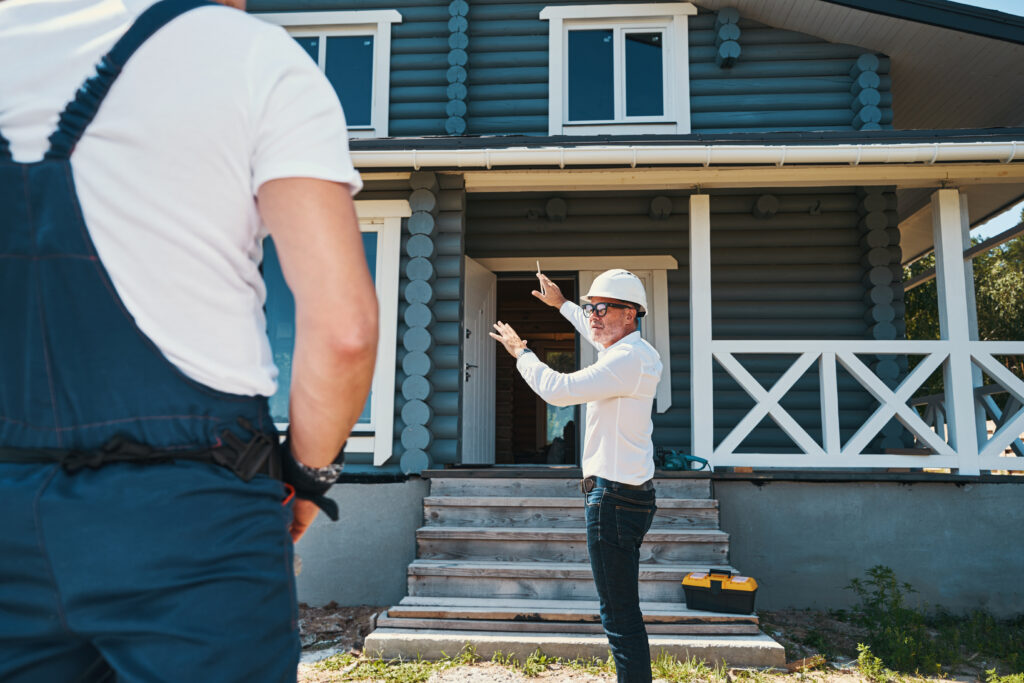
Conclusion
Understanding precisely what a home inspector looks for provides valuable insights into a home’s overall condition, helping you make informed purchasing decisions. At Icon Home Inspectors, we offer detailed, comprehensive inspections designed to provide clarity and peace of mind. Trust our certified professionals to deliver thorough, accurate information to navigate your home-buying journey confidently. To learn more, visit Icon Home Inspectors.